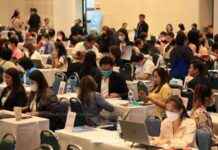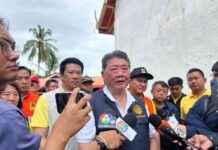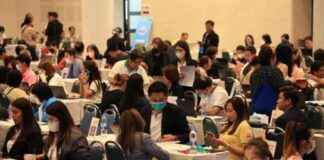The leader of Myanmar’s military junta, Senior Gen Min Aung Hlaing, recently made his first visit to China since leading the coup in February 2021 that ousted the elected civilian government. The purpose of his visit was to attend regional meetings in Kunming, the capital of Yunnan Province.
During his visit, Min Aung Hlaing attended the Greater Mekong Subregion summit, which includes China and five other Mekong River basin countries. Additionally, he participated in two other regional meetings aimed at strengthening ties between Myanmar and China and seeking legitimacy for the junta.
While there were speculations about Min Aung Hlaing holding talks with Chinese Premier Li Qiang, the official statement from Nay Pyi Taw only mentioned meetings with Chinese government officials. The Chinese Foreign Ministry spokeswoman confirmed that Li would chair the summit, highlighting the importance of the discussions between the two nations.
China’s interest in Myanmar stems from concerns over the ongoing civil war in the country, which shares a border with China. The junta has faced challenges from ethnic minority rebels and pro-democracy forces, leading to increased cooperation between Myanmar and China in economic sectors.
Myanmar’s economy has been significantly impacted by conflicts and sanctions from Western nations. The discussions between Min Aung Hlaing and Chinese officials aimed at strengthening economic cooperation and finding ways to address the challenges faced by Myanmar.
The visit to China comes after Chinese Foreign Minister Wang Yi’s visit to Nay Pyi Taw in August, where China expressed its support for the general election planned by the regime for the following year. The geopolitical importance of Myanmar and China’s infrastructure projects in the country further underline the significance of their relationship.
In conclusion, Min Aung Hlaing’s visit to China marks a significant step in strengthening ties between the two nations and addressing the challenges faced by Myanmar. The discussions and meetings held during the visit are crucial in finding solutions to the ongoing conflicts and economic difficulties in Myanmar.



















